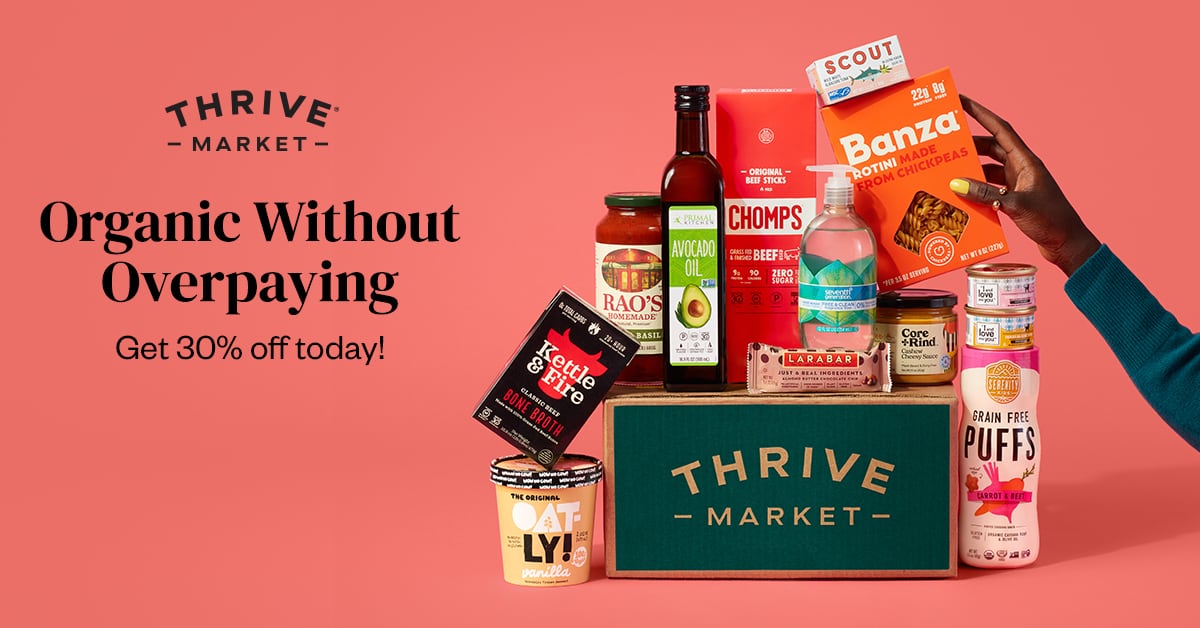10 Common Foods That Make You Bloat
For some people, abdominal bloating is not only embarrassing, it’s also a source of extreme physical discomfort.
If it’s a common occurrence for your stomach to excessively expand, particularly after eating, making you feel as though your distended belly has the entire Atlantic ocean swooshing around inside it, then it might be worthwhile taking a closer look at your diet. Most gastroenterologists agree that, provided you’re not suffering from a medical condition such as heart or liver disease or IBD, then the likely cause of your abdominal bloating is a build up of intestinal gas.
People often find that although they’re eating healthily and, what they believe to be, all the “right” foods, they’re continuing to suffer from frequent stomach discomfort and ballooning. There’s nothing worse than puffing up after a delicious and healthy meal and ending up feeling like the Michelin Man on steroids.
To help you understand why this may be the case and to narrow down what you might find is a common cause, I’ve compiled a list of 10 common foods that could be the cause of your stress-inducing belly bloat. It’s important to note that everyone’s digestive system is unique, and it’s unlikely that you’ll react to all of these foods. The best method for determining your inflatable culprits is to experiment with trial and error. Serving sizes may also come into play, as you could possibly be able to tolerate these foods, but only in restricted quantities.
Again, determining at which point these foods start to cause digestive distress will be a matter of experimenting and observing your symptoms. You may want to consult the help of a your nutritionist or dietitian to assist you through this process or keep a food diary.
The more you know, the more likely you’ll be to accurately identify problem foods and manage your symptoms so that you can finally wave goodbye to belly bloat forever.
1. NUT MILKS
A great deal of supermarket varieties of almond milk contain the thickening agent carrageenan, which is derived from seaweed and has been linked to gastrointestinal issues such as ulcers. Homemade almond milk is your bloating tummy's best friend, and it’s so simple to make.
2. ONIONS
Many people have trouble digesting onions, especially when eaten raw. Eating onions causes the formation of gas in your digestive tract, which can make you belch, bloat, feel discomfort in your stomach, and have flatulence. To limit this, enjoy smaller quantities of well-cooked onions or substitute with spices or herbs such as asafoetida, and the green part of the spring onion to add flavor to dishes.
3. MUESLI BARS
Many common “healthy” snack bars include protein isolate, which is derived from soybeans, a common gas-inducing culprit. Read the label to ensure any protein you are getting from these bars comes from the nuts/seeds themselves, not soy-derived ingredients.
4. LENTILS
Lentils contain high levels of fiber, indigestible sugars called oligosaccharides and phytic acid which may lead to bloating. Soaking lentils in plenty of cold water with some added lemon juice or vinegar overnight could significantly reduce their phytate levels, helping to lower their potential for bloating. Once the lentils have been soaked, rinse them thoroughly with filtered water before cooking them well.
5. CHEWING GUM
Sugarless varieties of chewing gum typically contain sorbitol, a sugar alcohol notorious for causing digestive distress. Read the labels to check that any gum you do consume is sorbitol-free.
6. CANNED SOUP
When looking to lose weight, it’s common for many of us to turn to soup. However, canned soups generally contain high sodium levels, which may lead to water retention and temporary bloating.
Try making a large batch of homemade soup. On my blog you’ll find plenty of healthy and simple recipes to experiment with. You can make them over the weekend, and then freeze to last throughout the week.
7. DRIED FRUIT
Dried fruit has a very high fructose (natural sugar) content, which those with a sensitive stomach can find difficult to digest and which can ferment in the stomach, causing bloating and gas. Fresh citrus fruits and berries are lower fructose fruit options.
8. PRO-INFLAMMATORY FATS
Examples of pro-inflammatory fats include salami, bacon and other processed meats, corn, soybean, and sunflower oils.
There are three types of dietary fat that can be difficult for some people to digest, and are linked with inflammation, possibly contributing to belly fat.
- Trans fats (or partially hydrogenated oils)
- Saturated fats (found in animal products such as red meat)
- Omega-6 fats (found mainly in vegetable oils, poultry, nuts, and wheat).
Despite omega-6 fats being necessary for overall good health, most of us consume too many omega-6 fatty acids in proportion to omega-3s, and this imbalance can cause inflammation and stomach upset.
Good sources of omega-3 fatty acids include flaxseed oil, wild-caught salmon, and chia seeds.
9. BRUSSELS SPROUTS, CABBAGE, & KALE
These vegetables are all high in fructans which are poorly digested in the gut and can ferment in the stomach. Those with a sensitive stomach, and especially those with a fructose mal-absorption issue, may experience a broad range of symptoms, including abdominal pain and discomfort, bloating, changes in bowel habits, heartburn, nausea, and over-fullness.
Other symptoms include excessive wind, a noisy abdomen, and pain in the rectum. Avoid consuming these vegetables raw. Eat them very well steamed and/or fermented for optimal nutrient absorption and digestion.
10. OTHER HIGH-FRUCTAN FOODS
Examples of foods high in fructans include wheat, barley, rye, inulin, dates, grapefruit, stone fruits, many beans, artichokes, garlics, and certain vegetables.
Fructans are a type of fiber and are therefore beneficial to our digestion (maintaining regular bowel movements) and overall health. However, as these fibers are by definition indigestible by the human body, they can cause flatulence depending on the bacteria of your gut.
If you experience excessive bloating after consuming high-fructan foods, then it might be beneficial to limit your servings and to include only one source of high-fructan food (to limit your “fructan load”) per meal.
WHAT DO I DO IF I EAT SOME OF THESE FOODS?
You could also add in some carminatives to your meal to aid digestion when consuming these foods. Try not to restrict your diet by completely removing such foods from your diet, as they provide many essential nutrients and are important for overall gut health. So you’ve eaten one of these offending foods and are feeling like a beached whale! Now what?!
Carminatives are foods that have been known for centuries to help soothe the digestive tract and reduce bloating and flatulence. There are many herbs and spices with valuable carminative properties, such as star anise, caraway, cardamom, cinnamon, coriander, cumin, fennel, garlic, ginger, lemon balm, nutmeg, parsley, and peppermint.
Peppermint tea is a great go-to when you’re feeling bloated and lethargic. Having some warm water with lemon juice may also help soothe your symptoms, since lemons are a natural diuretic and a gentle laxative. Consuming lemon water can help reduce the amount of salt retained in the body and reduce bloating due to fluid retention.
There are also a number of veggies such as celery, cucumber, spinach, and parsley that will help reduce fluid retention in the body. Cook your vegetables when you’re feeling bloated, as the fiber structure is broken down once they’re cooked, making these foods easier to digest.
Getting plenty of probiotic rich foods into your diet (like miso, tamari, sauerkraut if tolerated, organic yogurt, or even supplementing with a probiotic capsule) will increase your healthy gut flora and can improve symptoms of bloating.
Drinking aloe vera juice, which can be found in most health food stores, will also help soothe your stomach lining and stimulate the bowel.
The light at the end of the tunnel when it comes to stomach bloating is that it is a condition, which, with a few minor dietary changes, can be easily managed.










